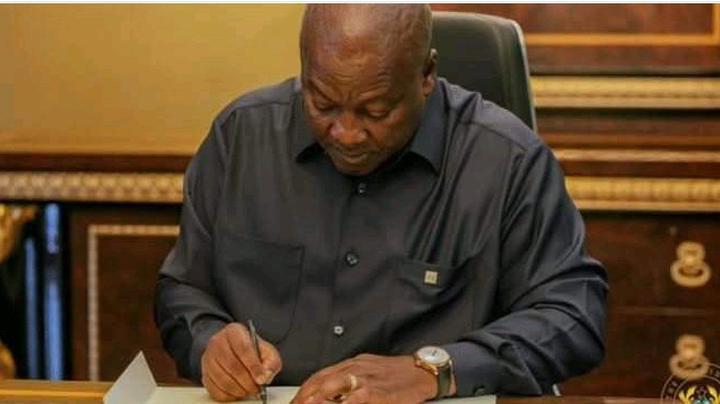In a recent development that has ignited discussions across social media platforms, PK Sarpong, a prominent member of the New Patriotic Party (NPP), has called for immediate action regarding the age of public officials in Ghana. Sarpong’s comments stem from a communique allegedly signed by Callistus Mahama, suggesting that President John Dramani Mahama is not inclined to appoint individuals over the age of 60 to public office.
Sarpong took to Facebook to assert that this policy should be uniformly enforced, citing Sylvester Mensah, the 62-year-old Board Chair of Ghana Exim Bank, as a prime example. He stated emphatically, “Change him,” urging the President to adhere to the proclaimed age limit.
The post by Sarpong has been interpreted not just as a criticism of Mensah’s continued tenure but also as a challenge to President Mahama to uphold the principles outlined in the communique. Critics argue that if the government is serious about its stance against appointing older individuals, retaining Mensah would undermine the message of fairness and transparency that the administration seeks to convey.
Supporters of the age limit policy believe that it is crucial for fostering a new generation of leaders who can bring innovative ideas and perspectives to governance. They argue that younger individuals should be given more opportunities to serve, thereby rejuvenating the political landscape.
Conversely, there are voices advocating for a more nuanced approach to age in public service. Some contend that experience is invaluable, and that age alone should not disqualify capable individuals from serving in important roles. This perspective emphasizes the need for a balance between youthful energy and seasoned judgment in leadership positions.
As of now, neither Callistus Mahama nor the presidency has issued a formal response to Sarpong’s provocative post. The silence from the government raises questions about the seriousness with which it views its own guidelines regarding age in public office. The situation is particularly pressing given the ongoing debates about effective governance and the representation of youth in leadership roles.
The dialogue sparked by Sarpong’s comments reflects broader societal concerns about ageism and the criteria for public appointments. It highlights the tension between maintaining experienced leadership and the desire for new ideas and approaches in governance.
As observers await the President’s response, the question remains whether Sylvester Mensah will continue in his role or be replaced in accordance with the age policy. This situation serves as a litmus test for the administration’s commitment to its stated principles, and the outcome could have significant implications for future appointments within the government.
